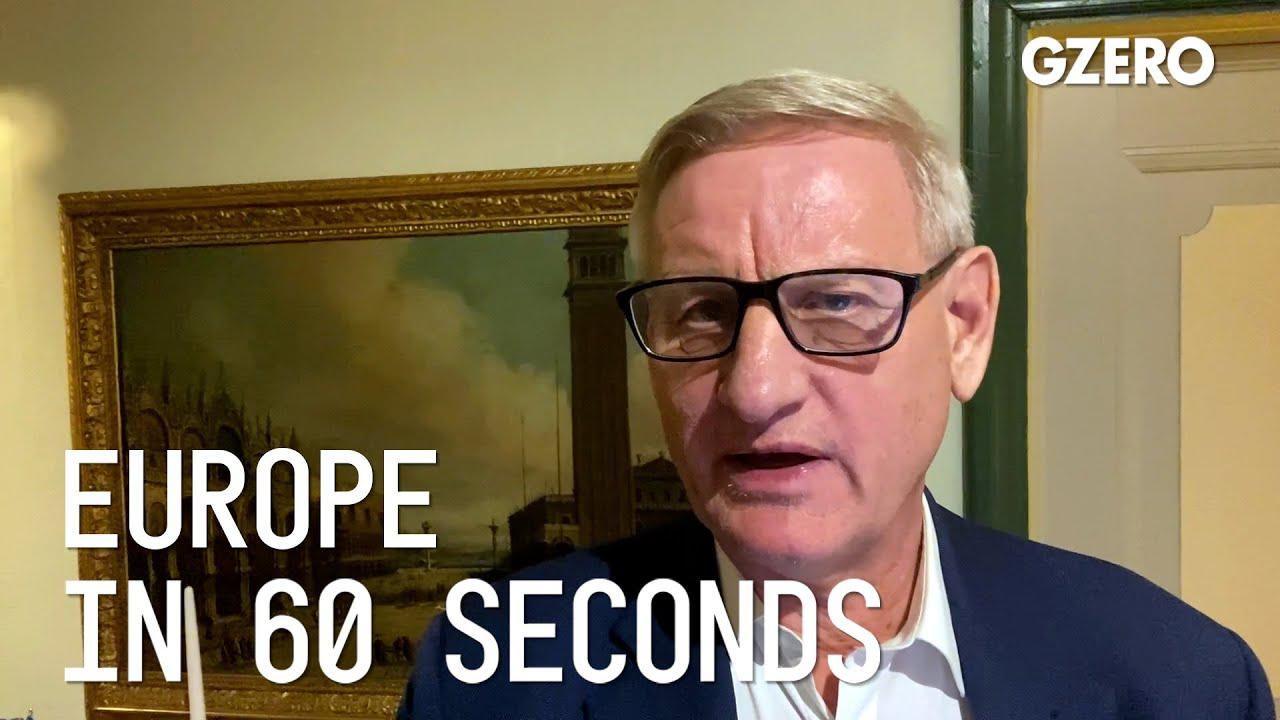
Carl Bildt, former Prime Minister and Foreign Minister of Sweden, shares his perspective on Europe In 60 Seconds:
Why did the Estonian prime minister resign and what happens now?
Well, he had to resign because there were allegations of corruption in connection with a construction issue in in Tallinn. Let's see. I think my best guess is that there will be a new coalition with the new composition of parties and perhaps a more clear-cut commitment to reforms.
What does the post-Merkel future look like for Germany's CDU leadership?
Well, that remains to be seen. They will, the CDU, which is the most significant and most powerful political party in Europe, will elect its new leader on Saturday. Somewhat of an open race between three candidates. Then CDU, and CSU, the Bavarian sister party will elect a chancellor candidate in April. And then, of course, the electorate of Germany will have its final say at the election end of September.